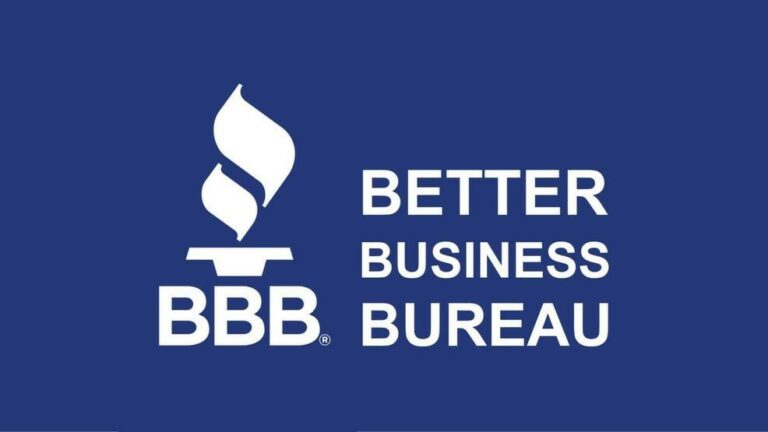BBB Offers Tips to Avoid Tax Identity Theft Scams
As tax season approaches, the Better Business Bureau (BBB) is urging consumers to be vigilant against tax identity theft and other related scams. The BBB has issued a release outlining common scams and red flags to help people protect their personal and financial information.

IRS Impersonation Scams
One common scam involves criminals impersonating IRS agents. According to the BBB, these individuals might call claiming you owe back taxes and pressure you to pay immediately using a prepaid debit card or wire transfer. If you don’t comply, they may threaten arrest or fines.
In another version of this scam, fraudsters claim they are issuing tax refunds and request personal information to process the refund. This information can then be used for identity theft. Some scammers target college students by claiming unpaid “federal student tax.” The scammers may use fake badge numbers and names, and in phone scams, the Caller ID might show a Washington, D.C. number. They may even send follow-up emails using the IRS logo and official-sounding language. Beware: the real IRS will never demand immediate payment, request payments in a specific form, or ask for your credit card or debit card details over the phone.
Tax Identity Theft Scams
Tax identity theft is another major concern. This occurs when a scammer uses your Social Security number to file a fraudulent tax return in your name and claim your refund. Victims often don’t realize they’ve been targeted until they receive a notice from the IRS indicating that more than one return was filed or that their employer has paid them an amount they don’t recognize.
Email Phishing Scams
Phishing emails that appear to be from the IRS are also widespread. These emails often contain a link to a fake website and may state, “You are to update your IRS e-file immediately.” Some might even include references to USA.gov and IRSgov (without a dot between “IRS” and “gov”). These emails are not from the IRS.
Mailing Scams
The IRS has also warned about a new mailing scam. In this scam, taxpayers receive a cardboard envelope from a delivery service with a fake letter about an unclaimed tax refund. The letter requests personal and financial information that scammers can use to steal your identity, according to a release.
Tips to Avoid Tax Scams
The BBB provided several tips to help consumers avoid becoming victims of tax scams:
- File Taxes Early: The best way to avoid tax identity theft is to file your taxes as early as possible, before a scammer can use your information to file a fraudulent return.
- Use an IP PIN: In the U.S., get your Identity Protection PIN (IP PIN) from the IRS before filing. This six-digit number verifies your identity along with your Social Security number. It is important to note that once you get an IP PIN, you must provide it each year when filing your federal tax returns. The IRS provides your IP PIN online, then sends you a new one each December by postal mail. Visit the IRS website for more information.
- Beware of Unsolicited Contact: The IRS does not initiate contact with taxpayers by email, text message, or social media to request personal or financial information, including PINs, passwords, or access information for financial accounts.
- Check for Red Flags: Watch out for poor grammar, odd punctuation, awkward language, and other inaccuracies in emails and letters claiming to be from the IRS. These are strong indicators of a scam.
- Use Trustworthy Professionals: Only work with reputable tax professionals and tax preparation services. Significant life changes, business ownership, or a lack of knowledge about the ever-changing tax laws make it smart to find a trustworthy preparer. Look for the BBB Seal to ensure you’re choosing a reputable service.
- Verify Website Addresses: Carefully check website addresses to ensure you are accessing the real IRS website when filing taxes electronically or seeking information.
- Confirm Suspicious Communications: If you are unsure about the legitimacy of any contact you receive, independently contact the IRS to verify it. Stop communication with any individual you suspect is a scammer and contact the IRS to confirm whether the communication is legitimate.
What to Do If You Are a Victim
If you are a victim of tax identity theft in the U.S., contact the IRS at 1-800-908-4490 and also file a complaint with the Federal Trade Commission (FTC) at ftc.gov/complaint or by calling 1-877-FTC-HELP. The FTC also offers a personalized identity theft recovery plan at identitytheft.gov.
Additional Precautions
If you receive tax information electronically from your employer or any other entity, handle that information with care. Consider storing it on a password-protected computer.


